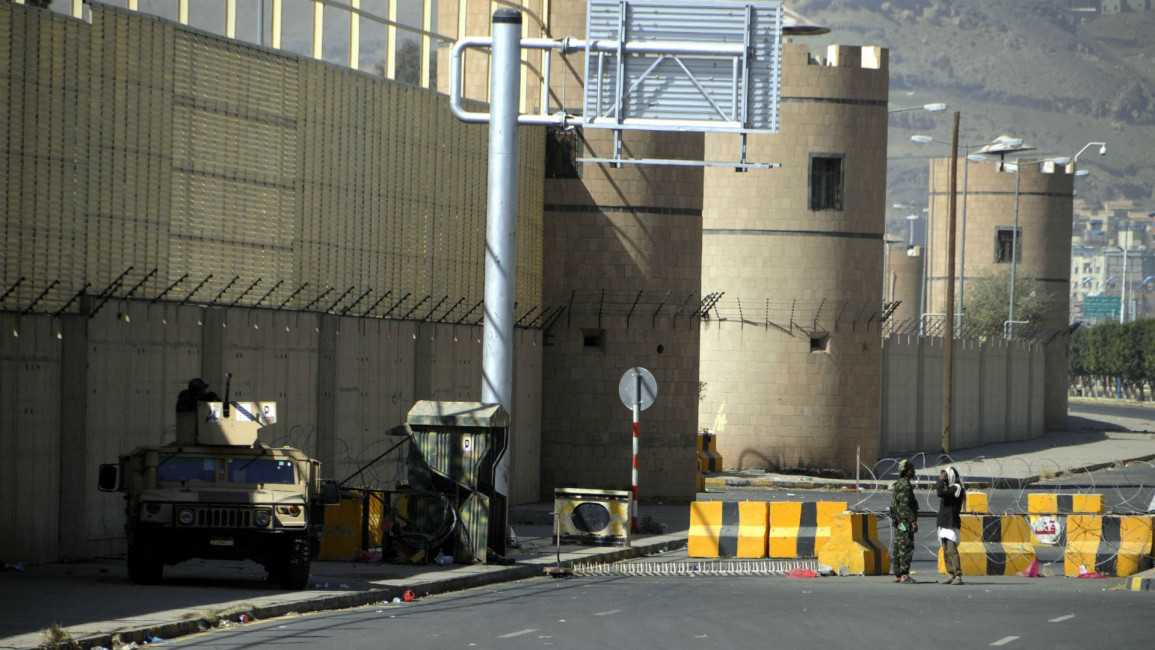Saudi-led GCC initiative attempt to resolve Yemen crisis
Al-Araby al-Jadeed has learned that Saudi Arabia had been in communication with the Ansar Allah movement (known as the Houthis) via Omani mediation to resolve the political crisis in Yemen after the Houthis took over the capital Sanaa and President Abd Rabbu Mansour Hadi and Prime Minister Khaled Bahah's government resigned.
The agreement is being negotiated under the auspices of the Gulf Cooperation Council (GCC), not specifically as a Saudi initiative. However, certain parties in Yemen have reportedly been impeding the agreement.
Among other things, Riyadh is reportedly concerned about the security of its borders with Yemen, and fears a repeat of the the Houthis' 2009 infiltration of its border. That operation led to Saudi casualties and forced then King Abdullah bin Abdul Aziz to dismiss Deputy Defence Minister Abdul Rahman bin Abdul Aziz. Many senior security and defence officials were also dismissed.
| Riyadh is concerned about the security of its border and fears a repeat of the the Houthis’ 2009 infiltration of its border. |
According to sources, the terms proposed are the immediate lifting of the Houthi siege on the Presidential Palace, a guarantee the Yemeni president retract his resignation, a return of dialogue on all issues and the reconsideration of the articles of the Peace and National Partnership Agreement. The aim is to ensure that state institutions function again and forestall any calls for the secession of the South, especially after the refusal of many southern governorates to take orders from Houthi-controlled Sanaa and other tangible steps many southern groups have taken.
The agreement would reportedly also remove former President Ali Abdullah Saleh from the politics, as he is said to have used his influence over the Houthis to ensure that a precondition for any dialogue is that Hadi no longer be president.
Sources said Saleh was not allowed to attend King Abdullah bin Abdul Aziz's funeral, after Riyadh concluded that he supported the Houthis' escalation and the elimination of those who stood against him when he was in power. Many believe this is why Saleh aligned himself with the Houthis.
The sources also added that GCC foreign ministers were notified of the broad terms of the agreement during their latest ministerial meeting. Western countries have suggested maintaining relations with Saleh, despite the fears of the GCC countries.
However according to Saudi military circles, the Saudi party is avoiding any engagement with the Houthis for the time being, as the battles of 2009 against the Houthis are still fresh.
This is an edited translation from our Arabic edition.



